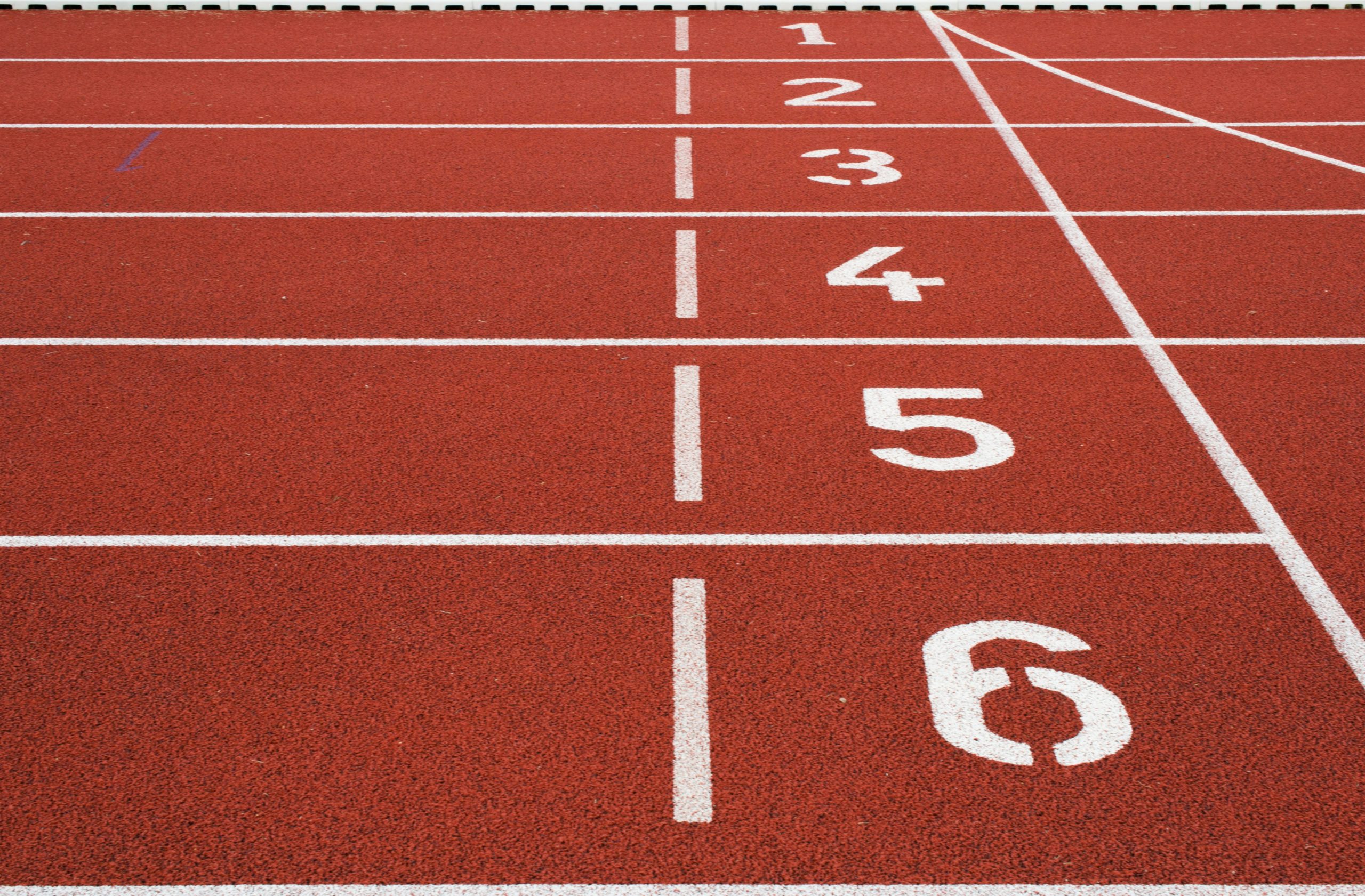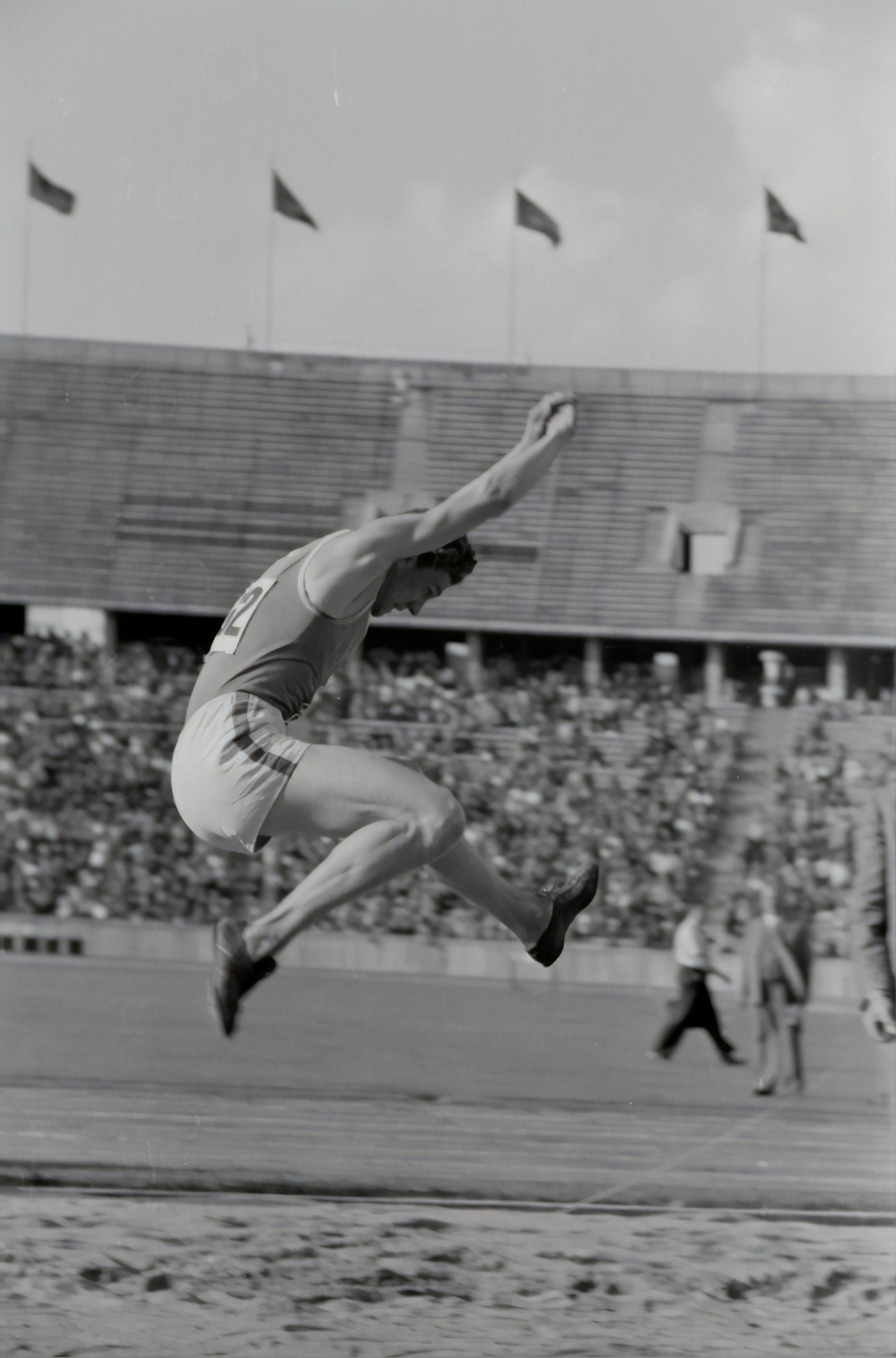
Advances in Sports Psychology
Sports psychology has evolved significantly over the past decades, transforming from a peripheral support service to a crucial component in enhancing athletic performance and overall well-being of athletes. This field combines principles of psychology with sports science to optimize mental and emotional factors that influence athletic achievement.
Understanding Sports Psychology
Sports psychology focuses on the mental and emotional aspects of athletic performance. It explores how psychological factors impact sports performance, recovery, injury rehabilitation, and overall well-being of athletes. Professionals in this field work closely with athletes to improve their mental toughness, concentration, motivation, and resilience.
Key Areas of Development
- Performance Enhancement: Sports psychologists employ various techniques such as visualization, goal setting, and cognitive restructuring to enhance athletic performance. For example, visualization techniques have been used by athletes like Michael Phelps to mentally rehearse their performances, leading to better execution under pressure.
- Emotional Management: Managing emotions is critical in sports. Techniques like mindfulness and relaxation training help athletes cope with stress and anxiety during competitions.
- Injury Rehabilitation: Coping with injuries is mentally challenging for athletes. Sports psychologists help athletes maintain motivation and focus during rehabilitation, facilitating faster recovery.
Technological Innovations
Advancements in technology have significantly contributed to the evolution of sports psychology:
- Biometric Feedback: Wearable devices provide real-time data on physiological responses such as heart rate variability and muscle tension, helping psychologists assess and manage athlete stress levels.
- Virtual Reality (VR): VR is increasingly used for simulating competitive environments and enhancing mental readiness. Athletes can practice scenarios in a controlled setting, improving their decision-making skills.
- Neurofeedback: Techniques like EEG (electroencephalography) allow psychologists to monitor brain activity, helping athletes improve focus and cognitive function.
Case Studies and Examples
Several case studies highlight the effectiveness of sports psychology:
“The use of mindfulness techniques helped tennis player Novak Djokovic improve his concentration and emotional control, contributing to his consistent performance in high-pressure situations.”
Furthermore, teams in various sports leagues now employ full-time sports psychologists to optimize performance and mental health. For instance, NBA teams like the Golden State Warriors have integrated sports psychology into their training programs to foster resilience and team cohesion.
The Future of Sports Psychology
The future of sports psychology looks promising with ongoing research into personalized interventions based on athlete-specific needs and challenges. Advancements in AI and machine learning may further enhance the precision and effectiveness of psychological interventions tailored to individual athletes.
In conclusion, sports psychology continues to evolve, leveraging both traditional psychological techniques and cutting-edge technology to empower athletes mentally and emotionally. By addressing the psychological aspects of performance, sports psychologists play a crucial role in maximizing athletic potential and well-being.



